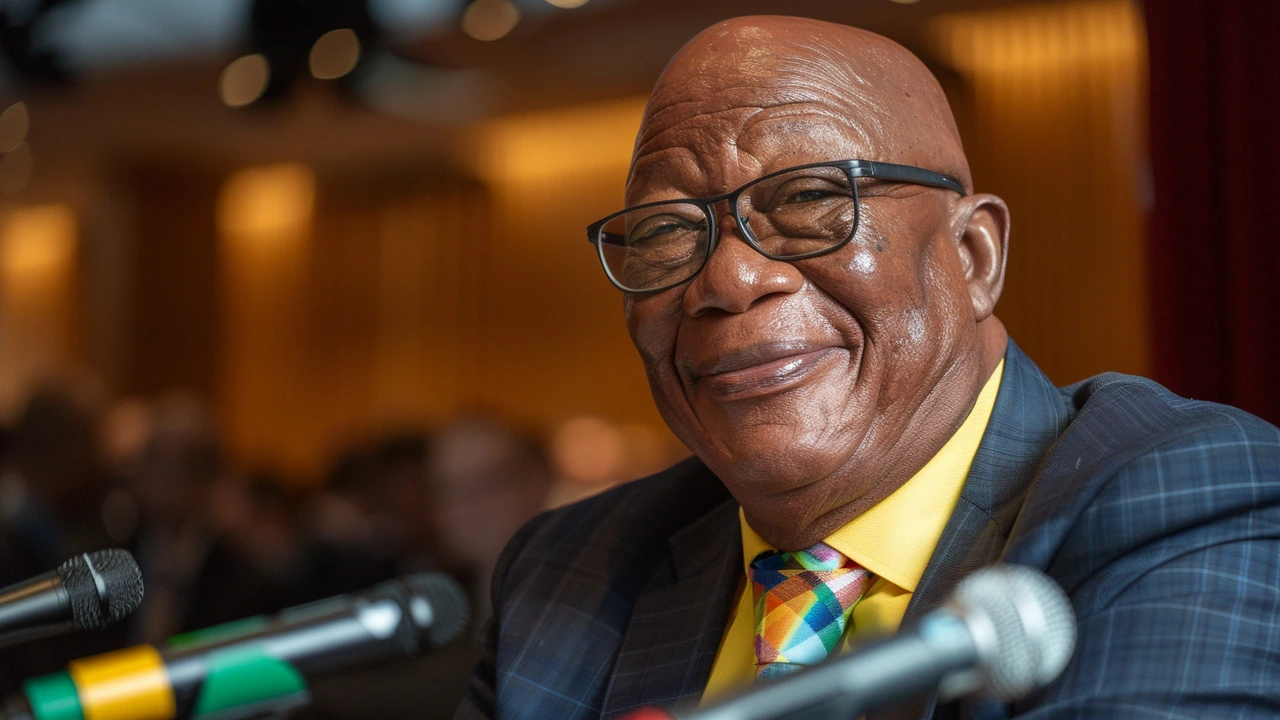Election Dispute: What You Need to Know
Election disputes pop up when there's disagreement over the results or how a vote was handled. These conflicts can shake public trust in the whole system. Whether it’s about counting ballots, voter eligibility, or campaign fairness, disputes grab headlines and sometimes lead to court battles or protests.
Why do election disputes happen? Sometimes it’s sloppy procedures, like lost ballots or faulty machines. Other times, political players might challenge results to gain advantage or delay transitions. In some cases, misinformation sparks confusion and distrust among voters. Understanding these causes helps spot problems early.
The Impact of Election Disputes
Disputes don’t just mess with election outcomes, they can drain resources, create social unrest, and weaken democracy’s foundation. People may lose faith that their votes count. Governments might face delays in forming leadership or passing laws. But disputes also shine a light on needed reforms and push for better transparency.
How to Resolve Election Disputes
Fixing disputes means having clear election laws and trusted institutions to enforce them fairly. Independent courts and election commissions play key roles. Some countries use recounts, audits, or observer missions to boost confidence. Open communication with voters and educating the public can reduce misinformation and ease tensions.
When disputes arise, the goal is to solve them quickly and justly so democracy can move forward. Staying informed about how disputes happen and are handled keeps you engaged in protecting fair elections. Want to know more? Keep following updates and learn how the process works in different places.

Jacob Zuma's Party Joins Forces with EFF in Opposition Alliance Shakeup in South Africa
In a bold political move in South Africa, former President Jacob Zuma’s party, uMkhonto weSizwe (MK), has aligned itself with the Economic Freedom Fighters (EFF) under a new opposition banner called the 'Progressive Caucus'. This development follows allegations of election rigging after the 2024 elections, leading to significant legal and political maneuvers.